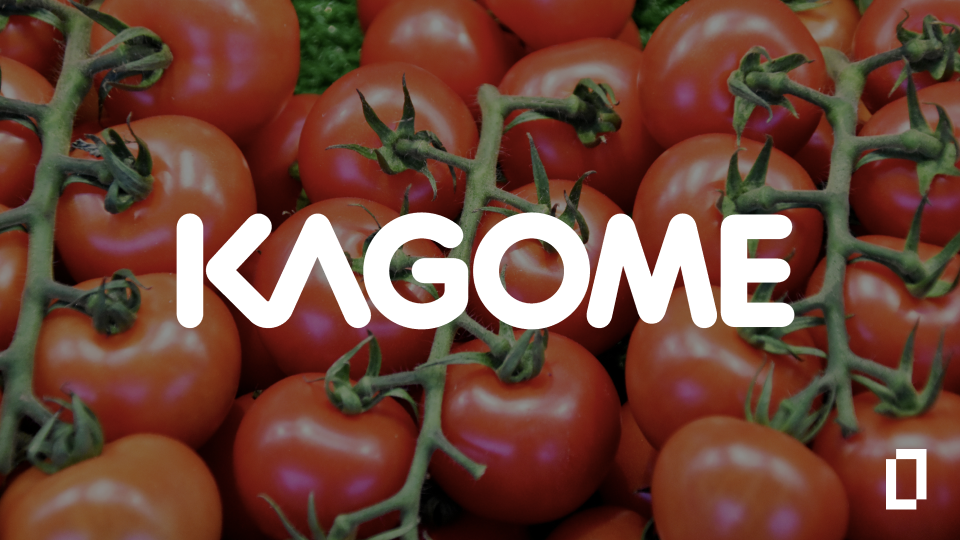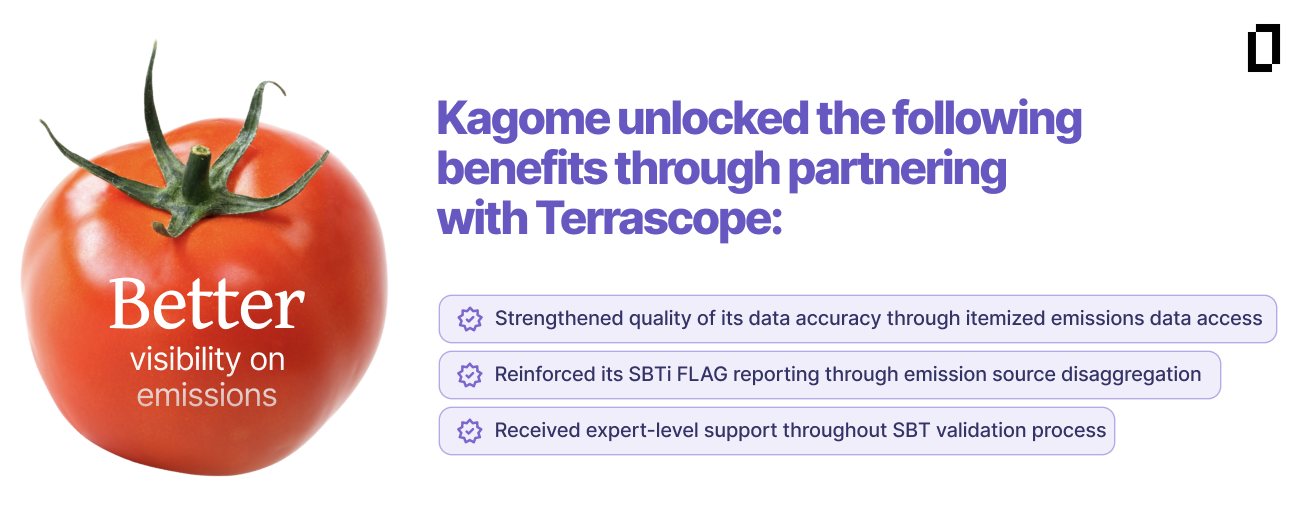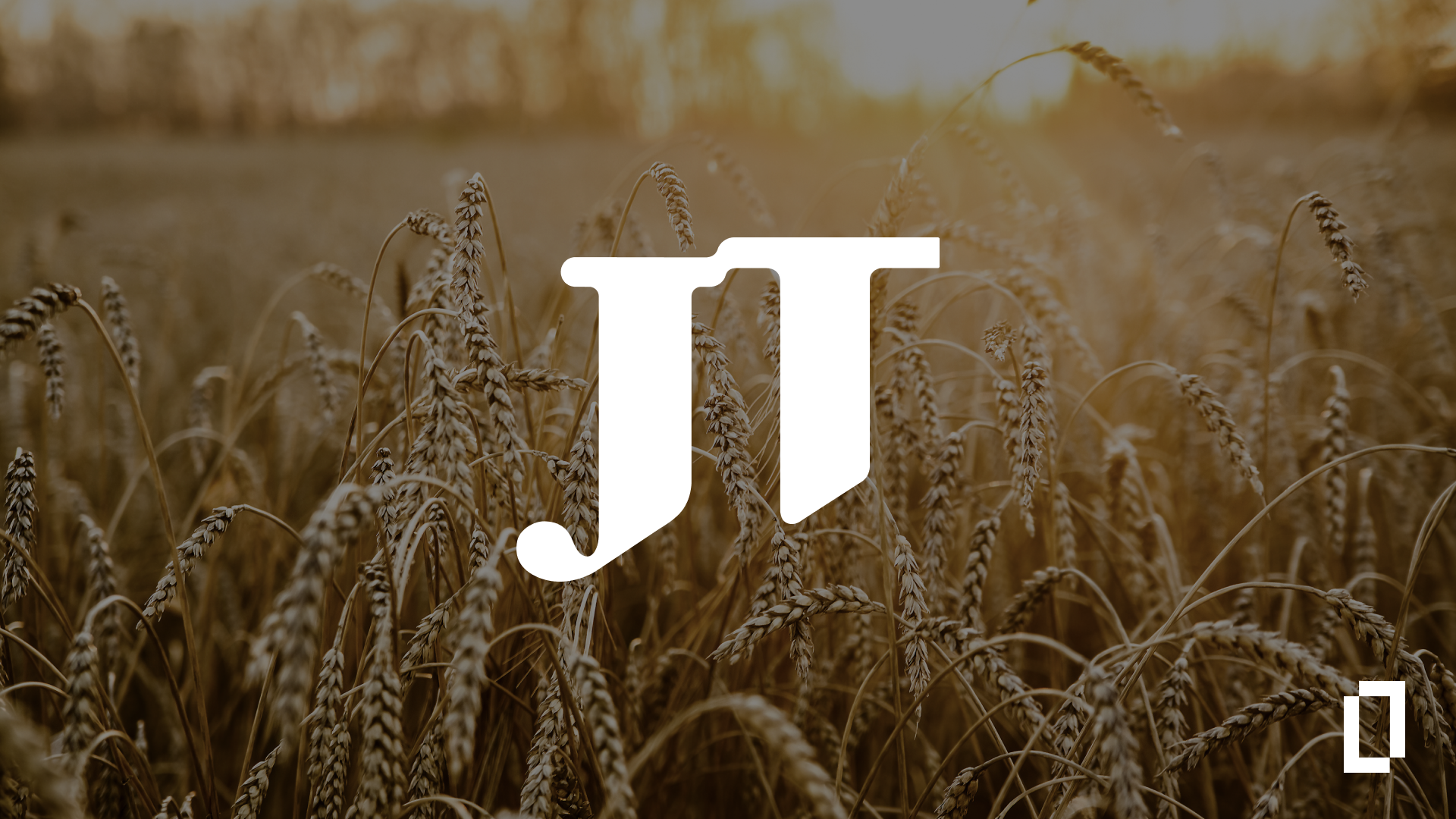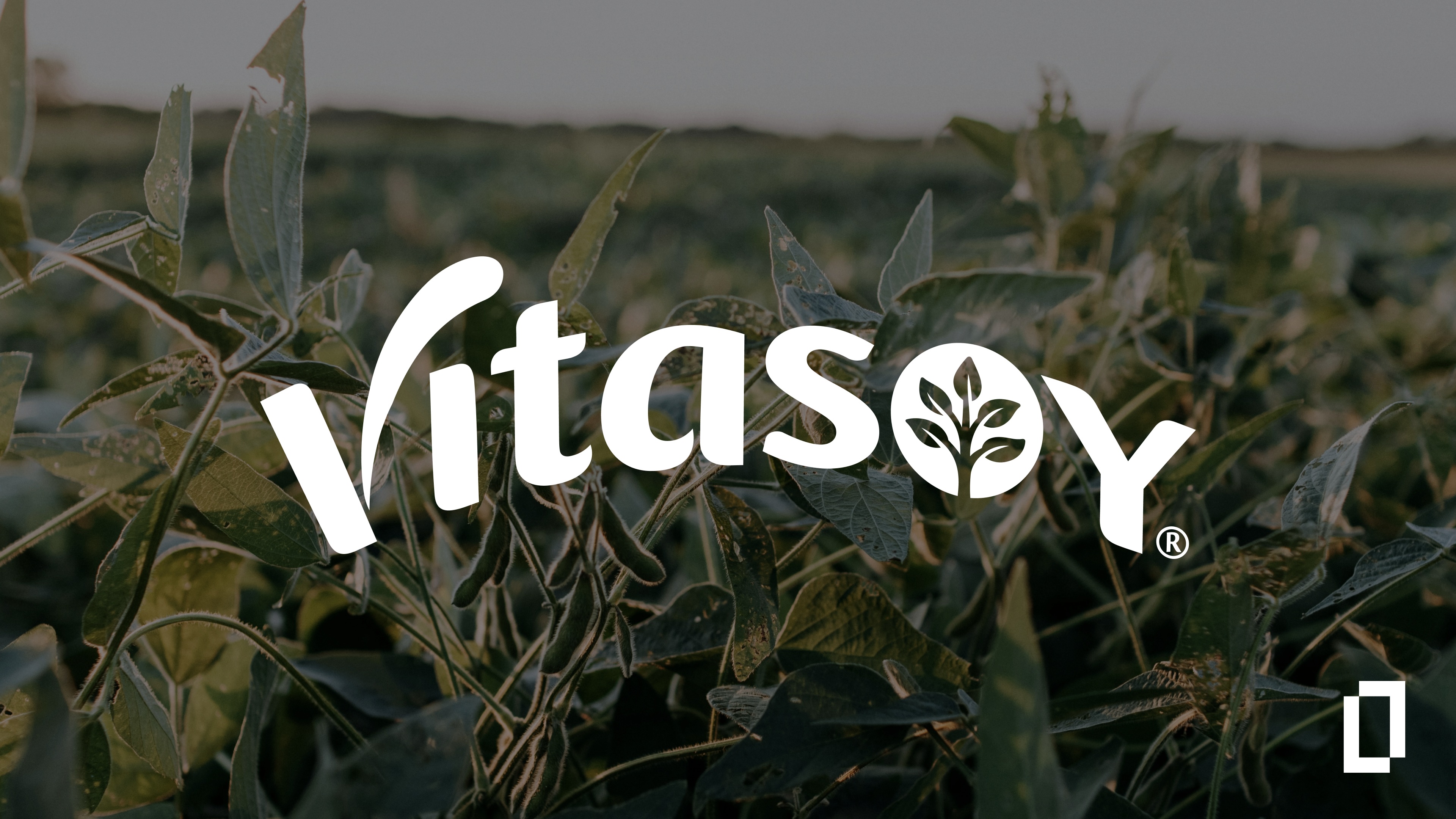PRODUCT IMPLEMENTED
Scope 3.1 Measurement
FLAG Emissions Measurement
SBTi Target Validation & Reinforcement
INDUSTRY
Food & Beverage
HQ
Aichi Prefecture, Japan
COMPANY SIZE
3,000 employees
43 factories globally
-
Conducted high-precision measurement of Scope 3.1 (purchased goods and services) GHG emissions to visualize emission sources across the value chain.
-
Strengthened the quality of its SBT validation, including FLAG emissions.
Kagome, in collaboration with Terrascope, reinforced its SBTi validation by conducting high-precision measurement of Scope 3.1 emissions and efficiently visualizing FLAG emissions across its portfolio. Armed with new insights, Kagome could strengthen its decarbonization strategy across its entire food value chain in line with international frameworks.
About Kagome
Kagome Co., Ltd. is a leading global food processor & manufacturer that produces and sells tomato and vegetable-based processed foods. Its core products include tomato ketchup, tomato juice, and vegetable juice, with a strong market share in Japan. Internationally, it operates a food service business centered around tomato paste and pizza sauce in North America, Europe, Australia, and Asia.
The company aims to be “a strong company that can sustainably grow by solving social issues through food.” As one of the few companies that manages everything from agriculture to production, processing, and sales in-house, it promotes initiatives that extend healthy life expectancy, revitalize agriculture and local communities, and contribute to a sustainable global environment.
In 2022, Kagome obtained Science Based Targets (SBT) certification and was selected as an A-list company in the CDP Climate Change 2024 assessment.
"Terrascope’s expert advisory support was incredibly reassuring during the FLAG measurement and SBT validation update. By leveraging existing data, we were able to execute the FLAG assessment efficiently and smoothly."
Harunobu Okutani
Director and Managing Executive Officer
.png?width=211&height=120&name=brand-statement_kagome-logo-eng%20(1).png)
Challenges
01. Limitations of Existing Emissions Factors and Management:
Kagome had previously relied on general emissions factors from domestic databases (such as those available from the Japanese Ministry of Environment and the Inventory Database for Environmental Analysis) for Scope 3 measurements (especially Category 1: purchased goods and services). These databases only provided broad categories like “processed food” or “seasonings,” but lacked itemized data that reflected the characteristics of products like tomato paste or concentrated fruit juice.
To counter this, Kagome had worked closely with suppliers to gather more accurate custom emissions factors, but manually handling around 1,000 emission factors with incompatible tools reduced the accuracy and efficiency of their emissions measurement.
2. Compliance with SBTi FLAG and Maintaining CDP Scores:
From 2023, companies in the Forestry, Land Use, and Agriculture (FLAG) sectors are required to comply with SBTi FLAG guidance. For Kagome, FLAG measurement was essential to update its SBT validation. However, internal expertise and systems for FLAG measurement were insufficient, leaving the company unclear on how to set reduction targets or measure and report emissions in line with the SBTi’s guidance.
Terrascope's Approach
01. High-precision Scope 3.1 Measurement:
To address the limitations of domestic emissions factor databases, Terrascope utilized global databases, which had itemized emission sources. For instance, by switching from domestic to global emissions factors for field-grown tomatoes, a more accurate value was obtained, 79% lower than previous estimates. Using detailed item-specific emissions factors enabled a more precise understanding of Kagome’s Scope 3 Category 1 emissions. Terrascope was also capable of automatically importing and managing the ~1,000 custom emissions factors that Kagome had created with its suppliers, resolving issues of manual workload and data accuracy.
02. Efficient FLAG Measurement Using Proprietary Logic:
Leveraging deep expertise and experience in emissions measurement across the FLAG sector, Terrascope strengthened Kagome’s FLAG assessment. By combining sustainability expertise with large-scale data processing, Kagome’s existing emissions data was reused efficiently. Without altering the emissions factors, FLAG elements were disaggregated, enabling accurate and efficient FLAG calculations. Complex elements such as land use change (LUC) and chemical fertilizers were also addressed. Ultimately, FLAG emissions accounted for 31.34% of total Scope 1 – 3 emissions.
03. SBTi Validation Update Support:
Terrascope supported Kagome throughout the SBTi validation process, including documentation and Q&A. By leveraging its global client support experience and sustainability expert network, Terrascope stayed on top of evolving SBTi review trends and provided timely, reliable support for a smooth certification update.
The Impact
![]()
Visualization of Emission Hotspots
Across the Food Value Chain:
Improved precision in Scope 3.1 measurement clarified the emissions structure of the food value chain, laying a foundation for prioritizing reduction efforts based on quantitative analysis.

SBT Update Including FLAG:
Kagome set reduction targets in line with SBTi FLAG guidance and successfully updated its SBT validation. This enabled the company to validate its decarbonization plans, including agriculture-related emissions, according to international standards.
Enhanced Global Competitiveness:
By complying with international frameworks such as the SBTi’s FLAG guidance and those of the CDP, Kagome improved transparency over its food value chain. As a food manufacturer expanding overseas, the company could further validate its sustainability credentials, with precise data that reflected its operations worldwide.




